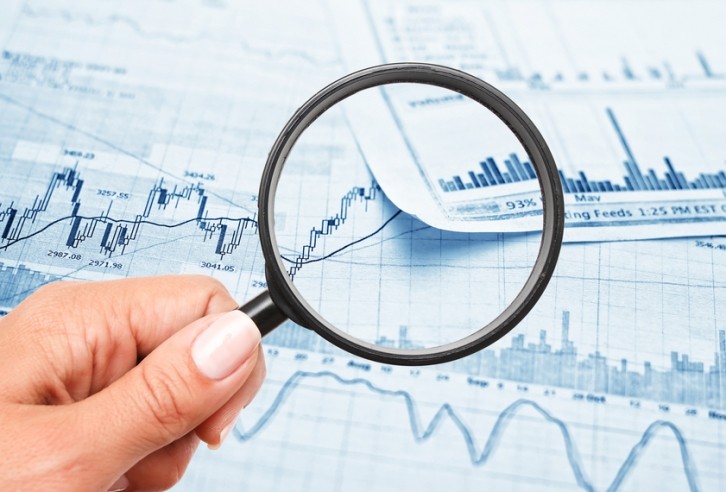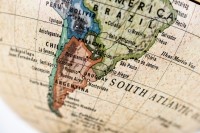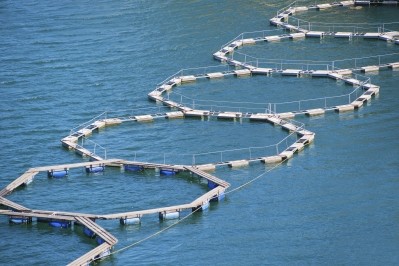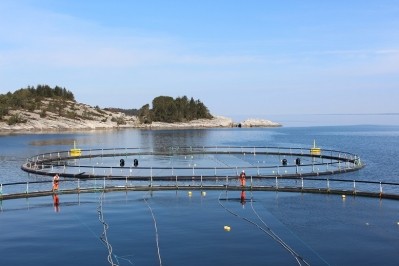Cargill, Nutreco confirm competition probe in Chilean fish feed sector

The motivation for the probe is not yet clear. The prosecutor told this publication the FNE neither confirms nor denies the existence of investigations it may or may not be conducting.
Mark Woldberg, a spokesperson for Nutreco, the parent group of fish feed producer, Skretting, told FeedNavigator today (24 October): “We can confirm that on Thursday, 13 October, our site in Osorno, Chile was visited by the local competition authorities. We are fully cooperating with the authorities, and will not comment pending the investigation.”
A spokesperson for Cargill told us it was aware of the matter in Chile and the inquiries from the Chilean regulators.
“We take this matter seriously and are cooperating,” she said.
Cargill’s $1.5 billion acquisition of EWOS, which closed in September last year, saw it gain an immediate and large presence in the world’s salmon feeding business, including operations in Chile, the second largest salmon market globally, after Norway.
“While Cargill is new to the industry in Chile, we conducted compliance training with EWOS employees and [carried out] a standard, internal audit of business practices at the time of our acquisition; we are confident in our practices since that time.
“Conducting business in an ethical manner is the foundation of how we operate in Chile and all over the world. Since the process is ongoing, we are unable to provide further comment at this time,” added the spokesperson today.
BioMar did not respond to our request for comment prior to publication.
Chilean challenges
That Danish feed group told Undercurrent News in June the aquaculture feed industry needs Chile’s salmon industry to recover from a period of low profitability.
Salmon production in Chile has been undermined by 2015 losses, the outbreak of algal blooms in March and a fishermen’s protest in May.
“It is in the interest of feed suppliers to grow, but it also is in our interest that our customers are profitable and financially healthy,” BioMar CEO Carlos Diaz said.
In April of this year, the world’s biggest salmon producer, Marine Harvest, said it would cut 500 jobs in its Chilean salmon production operations due to the impact of the algal bloom on fish numbers at its four farming sites in Chile’s southern region.
And July saw the Chilean subsidiary of that salmon giant leave the trade association, SalmonChile, over what it said was disagreements on how the industry should be regulated in the country.
Marine Harvest said then the regulations the Chilean government wants to promote will only increase the costs and risks of the salmon farming industry, without solving the underlying problem.
Research facilities backed
Meanwhile, feed firms have been continuing to invest in research facilities in the South American country.
Earlier this month, BioMar flagged up its move to acquire 30% of a feed technology unit in Chile, an investment the Danish fish feed producer said will allow it to focus on the development on functional ingredients and fish welfare.
And, last week, Cargill also announced it had invested $10.5m to expand an existing research facility in Chile with a focus on tacking disease in the salmon sector there, while also exploring nutritional approaches to antibiotic replacement.









